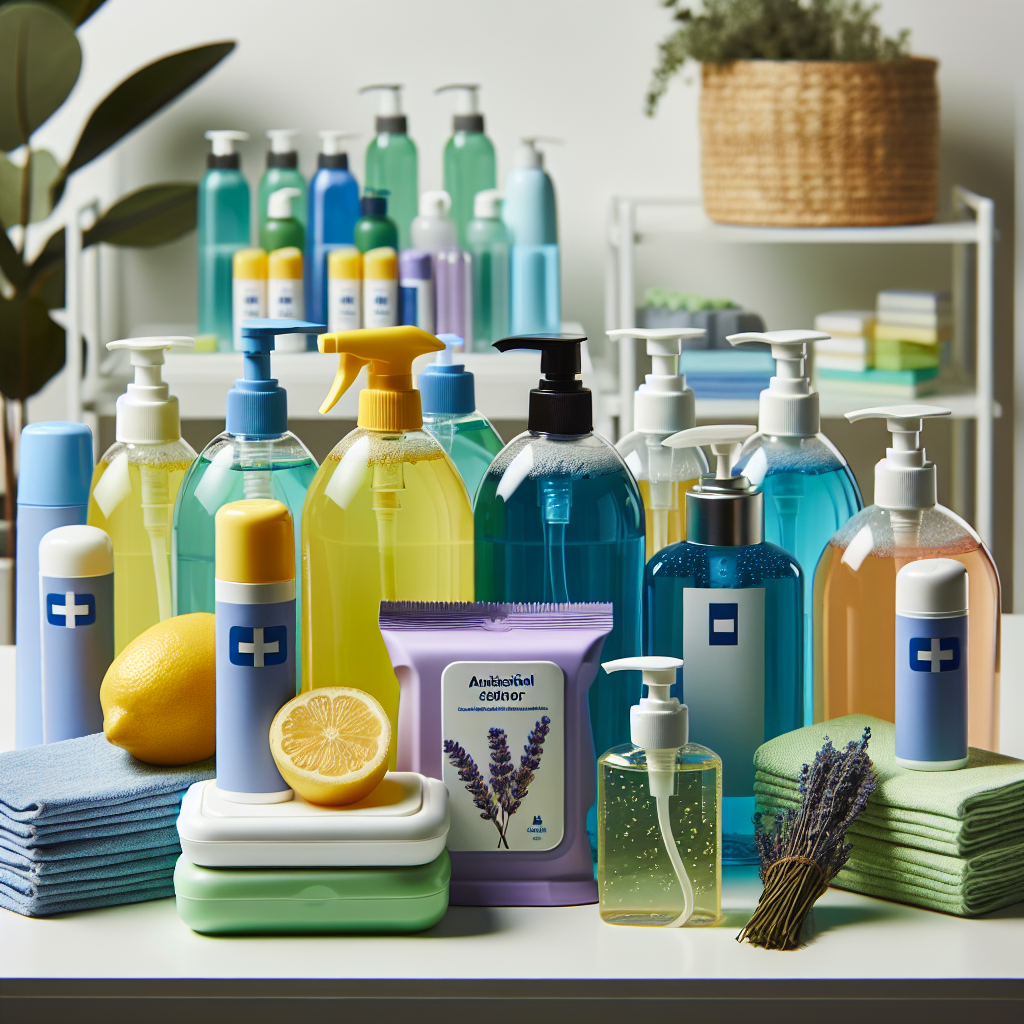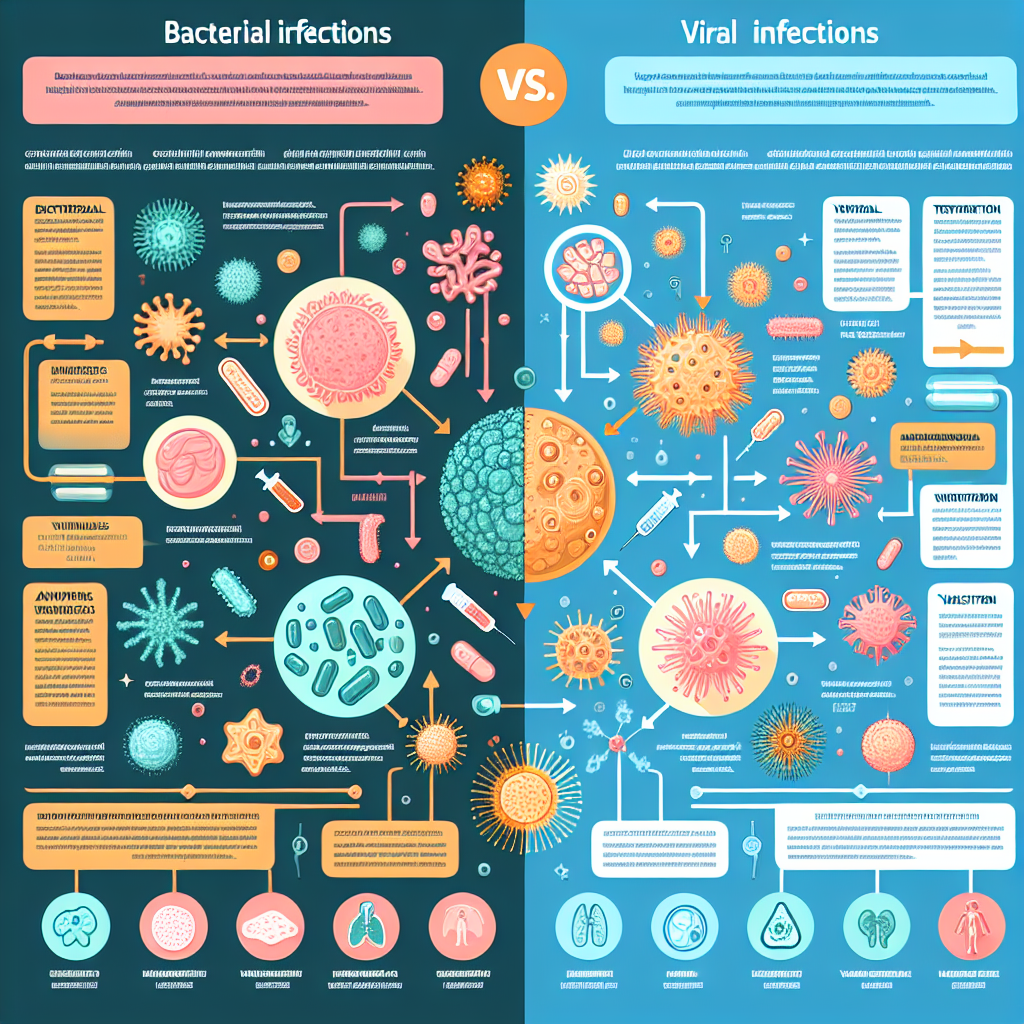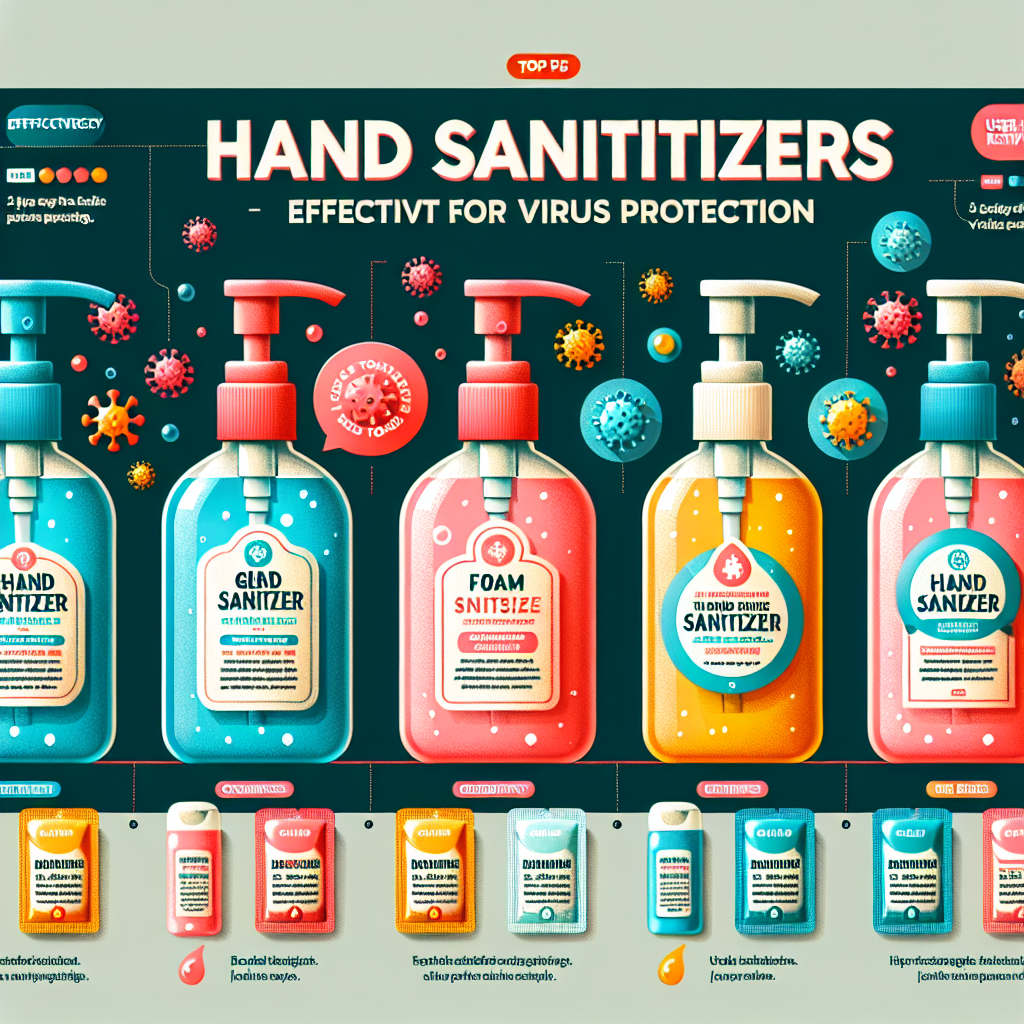Best antibacterial cleaning products
In our quest for cleanliness and hygiene, antibacterial cleaning products play a pivotal role in safeguarding our health. Given the increasing prevalence of bacteria and viruses, especially in communal spaces, understanding the importance of effective cleaning agents has never been more critical. This article delves into the significance of antibacterial cleaning products, what ingredients to look for, a comprehensive review of the best options available, and best safety practices for their use.
Understanding the Importance of Antibacterial Cleaning Products
Antibacterial cleaning products are specifically designed to eliminate bacteria and reduce the risk of infections. These products are crucial in various environments, including homes, hospitals, schools, and offices, where the likelihood of bacterial transmission is heightened. Regular cleaning with antibacterial solutions can significantly decrease the presence of harmful pathogens, thereby promoting a healthier living or working environment.
Moreover, the COVID-19 pandemic has heightened awareness of the importance of cleanliness. It has underscored the need for effective disinfectants that not only clean but also kill germs responsible for respiratory illnesses. This growing awareness has led consumers to seek reliable antibacterial cleaners that provide peace of mind, knowing that they are minimizing health risks for themselves and their families.
Additionally, the use of antibacterial cleaning products is essential for maintaining the integrity of surfaces and materials. By preventing the buildup of bacteria, these cleaners help prolong the lifespan of furniture, appliances, and other household items. Thus, investing in quality antibacterial products is not just about immediate cleanliness; it’s about long-term care and protection.
Top Ingredients to Look for in Effective Antibacterial Cleaners
When selecting antibacterial cleaning products, certain active ingredients are known for their efficacy in killing bacteria. One of the most common ingredients is benzalkonium chloride, which is effective against a wide range of bacteria and is often found in surface disinfectants and hand sanitizers. Another vital ingredient is hydrogen peroxide, known for its powerful oxidizing properties that can kill bacteria and viruses on contact.
Alcohol (typically isopropyl or ethyl alcohol) is another key component to consider. It is effective in concentrations of 60% to 90% and works by denaturing the proteins of bacteria, thereby destroying their cell structure. Products containing triclosan, although less prominent due to safety concerns, have been used in various antibacterial soaps for their ability to inhibit bacterial growth.
Lastly, look for products that boast the EPA (Environmental Protection Agency) registration number. This means that the product has been tested and proven effective against a specific range of pathogens. It’s a crucial stamp of approval that ensures the product meets rigorous safety and efficacy standards.
Comprehensive Review of the Best Antibacterial Products
-
Clorox Disinfecting Wipes: Renowned for their convenience and effectiveness, Clorox wipes kill 99.9% of bacteria and viruses and are perfect for quick cleanups in high-touch areas. Their portability makes them a favorite among families and professionals alike.
-
Lysol Disinfectant Spray: This versatile spray not only disinfects surfaces but also eliminates odors. It effectively kills 99.9% of viruses and bacteria, making it a staple for households, especially during flu season. The product is easy to use and dries quickly without leaving residue.
-
Seventh Generation Disinfecting Multi-Surface Cleaner: For those inclined towards eco-friendly products, Seventh Generation offers a botanical disinfectant made with plant-derived ingredients. It is effective against 99.9% of germs and is free from synthetic fragrances, dyes, and chlorine bleach, making it safe for both users and the environment.
For a more extensive list of antibacterial products, consider checking Consumer Reports or Good Housekeeping. These sites provide updated reviews and ratings to help consumers make informed choices.
Best Practices for Using Antibacterial Cleaners Safely
To maximize the effectiveness of antibacterial cleaners while ensuring safety, follow the manufacturer’s instructions closely. This includes using the correct dilution ratio if required, the appropriate quantity of product, and the recommended contact time to ensure bacteria are effectively killed. Overusing antibacterial products can lead to resistance in bacteria, diminishing their effectiveness.
Moreover, it’s important to use these products in well-ventilated areas to avoid inhaling fumes that could be harmful. If using sprays, consider wearing a mask and gloves to protect your skin and respiratory system. This is especially important for individuals with respiratory conditions or sensitivities.
Lastly, be mindful of surface compatibility. Always test a small area before using a new product on sensitive materials to avoid damage. For further guidance, consult articles on safe cleaning practices from sources like the Centers for Disease Control and Prevention (CDC) and the Environmental Protection Agency (EPA).
Antibacterial cleaning products are essential tools in our fight against germs and bacteria, particularly in today’s health-conscious environment. By selecting the right ingredients, using recommended products, and following safe practices, we can create healthier spaces for ourselves and our loved ones. Remember, while antibacterial products are powerful allies, consistent cleaning practices and awareness are key to maintaining hygiene and health.
Top hand sanitizers for virus protectionSeasonal flu vaccine effectivenessLatest research on virus transmissionRelevant LinkRelevant LinkRelevant Link













